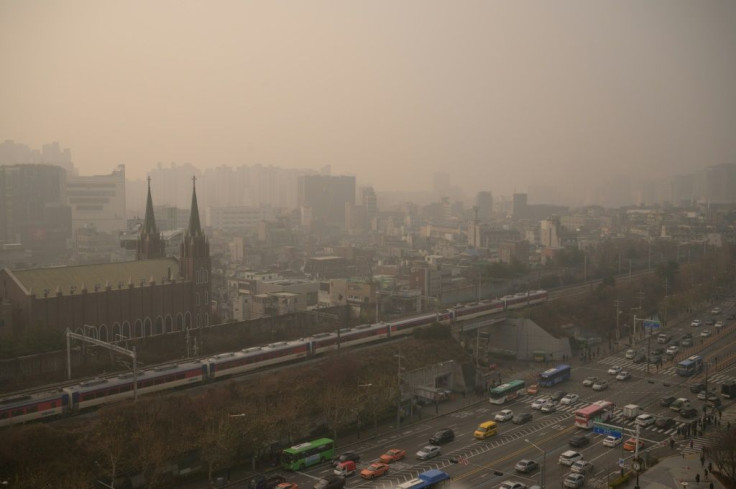South Korea To Seek Carbon Neutrality By 2050: Moon
South Korean President Moon Jae-in on Wednesday pledged his country will try to become carbon neutral by 2050, although he stopped short of promising to achieve the ambitious goal, seen as crucial to the fight against climate change.
The nation has few energy resources of its own and relies on imported coal -- a cheap but dirty fuel -- for around 40 percent of the electricity powering the world's 12th-largest economy, according to figures from the International Energy Agency.
But in a parliamentary address, the centre-left Moon said: "As part of the efforts to actively respond to climate change, we will strive to become carbon-neutral by 2050."
The declaration comes after Chinese President Xi Jinping vowed last month that the world's largest greenhouse gas polluter will peak emissions in 2030 and go carbon neutral by 2060, in what environmentalists hailed as a major step forward.
Japan's Prime Minister Yoshihide Suga this week also set a 2050 deadline for his island nation to become carbon neutral.
Moon said Seoul will invest 2.4 trillion won ($2.1 billion) next year to "replace coal-based energy production with renewable energy", and another 4.3 trillion won to increase charging stations for electric vehicles.

The Moon government earlier this year announced that the South's 60 coal-fired power stations would be halved by 2034, with new LNG (liquefied natural gas) plants to make up the deficit.
But his administration's anti-nuclear power stance will make a 2050 carbon-neutral goal much harder to achieve.
Seoul plans to cut the current 24 nuclear power plants -- the highest density in the world -- to 17 by the same 2034 date, reducing the sector's energy output by nearly half.
It hopes to rely instead on increased renewable energy, mostly generated from wind, water and solar power.
"'Net-zero 2050' cannot be accomplished without fundamental changes in South Korea's energy policy," said Joojin Kim, of environmental group Solutions for Our Climate.
"South Korea must immediately stop the construction of new coal power plants, and begin replacing the existing coal fleet with renewables supply."
© Copyright AFP 2024. All rights reserved.





















